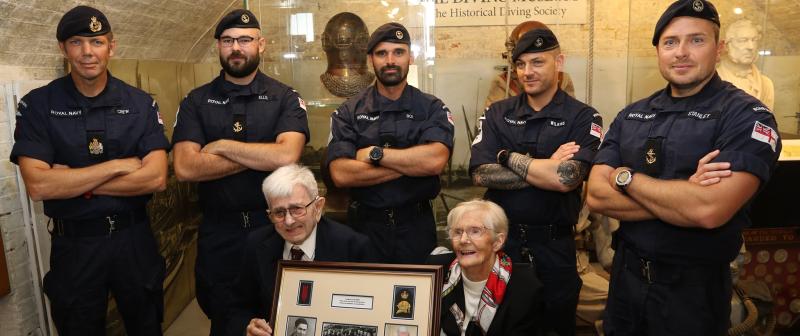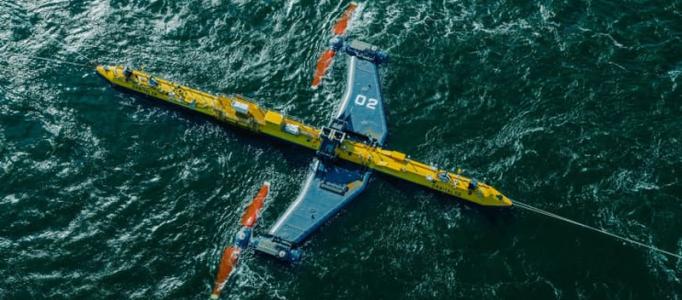 Tomorrow, two events will commemorate the 20th anniversary of the 9/11 boatlift, in which an estimated 500,00 people were rescued from Lower Manhattan following the attacks of 9/11. We recently posted about the Flotilla and Blessing of the Fleet hosted by the Classic Harbor Line Fleet. 100% of all ticket sales are donated to various waterfront organizations. Click here to learn more and to purchase tickets.
Tomorrow, two events will commemorate the 20th anniversary of the 9/11 boatlift, in which an estimated 500,00 people were rescued from Lower Manhattan following the attacks of 9/11. We recently posted about the Flotilla and Blessing of the Fleet hosted by the Classic Harbor Line Fleet. 100% of all ticket sales are donated to various waterfront organizations. Click here to learn more and to purchase tickets.
Onshore, the New York Council Navy League will present the 9/11 Boatlift 20th Anniversary Tribute, which will be held on Friday, September 10, 2021 at 1:00 P.M. at the American Merchant Mariners’ Memorial in Battery Park, Manhattan.


 Since at least 2007, a variety of large inflatable rubber ducks have been showing up in harbors around the world. Most recently, a 25-foot high inflatable rubber duck appeared mysteriously in Belfast harbor in Maine. The word “JOY” was emblazoned on across its breast. The Belfast Harbor Master Katherine Given told the
Since at least 2007, a variety of large inflatable rubber ducks have been showing up in harbors around the world. Most recently, a 25-foot high inflatable rubber duck appeared mysteriously in Belfast harbor in Maine. The word “JOY” was emblazoned on across its breast. The Belfast Harbor Master Katherine Given told the  From the
From the  In honor of 9/11 and in commemoration of the 20th anniversary of
In honor of 9/11 and in commemoration of the 20th anniversary of 

 Back in 2018, we posted “
Back in 2018, we posted “

 One of the concerns with wind and tidal energy installations is that the turbine blades are built from
One of the concerns with wind and tidal energy installations is that the turbine blades are built from  The
The 

 In 2017, we posted “
In 2017, we posted “ These days, most of the turbines producing clean energy are powered by the wind. Last month, a turbine powered by the tides, described as “the world’s most powerful” began grid-connected power generation at the European Marine Energy Centre in Orkney, an archipelago located north of mainland Scotland.
These days, most of the turbines producing clean energy are powered by the wind. Last month, a turbine powered by the tides, described as “the world’s most powerful” began grid-connected power generation at the European Marine Energy Centre in Orkney, an archipelago located north of mainland Scotland. On a recent voyage from Galveston, TX,
On a recent voyage from Galveston, TX,  The Drive
The Drive